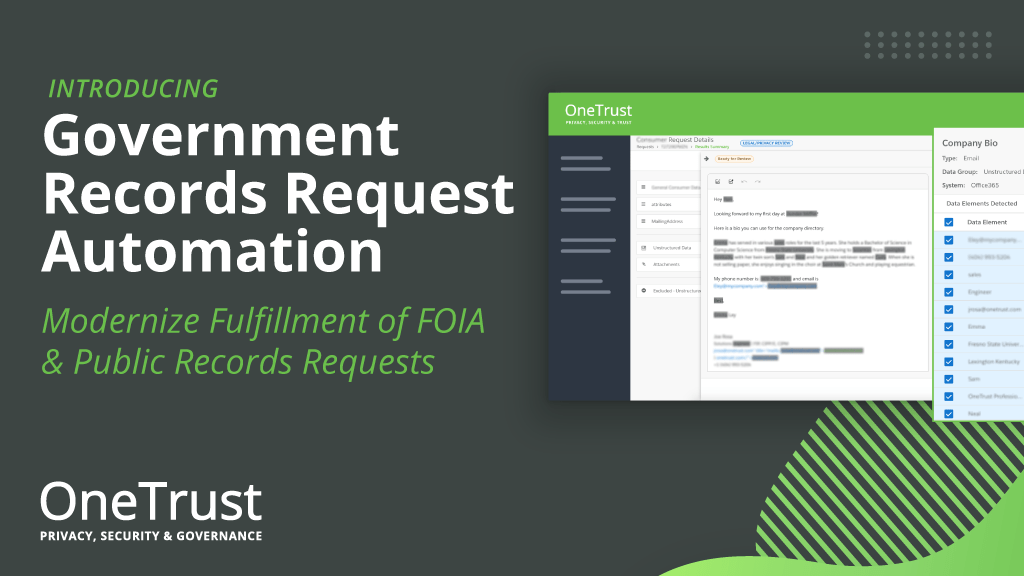

- #Information security oversight process foia code#
- #Information security oversight process foia trial#
Questions posed as FOIA requests will not be processed. The FOIA does not require agencies to create new records or to conduct research, analyze data, or answer questions when responding to requests. Requests for records on deceased individuals must include a proof of death.

To the extent possible, requesters should include enough file-related information (type of document, title, subject area, date of creation, originating office) or enough event-related information (date and circumstances surrounding the event the record covers) to conduct a focused, time efficient search. Requester’s contact information: Please include your name, mailing address, telephone number and/or e-mail address.ĭescription of the records: Requests must reasonably describe the records sought so that an employee familiar with the subject area can locate the records with a reasonable amount of effort. FOIA requests may be made by any person, to include corporations, directly to the component office below that is the custodian of records. The DCSA FOI/P program is comprised of three components, each with distinct responsibilities as described below. (f) could reasonably be expected to endanger the life or physical safety of any individual. (e) would disclose techniques and procedures for law enforcement investigations or prosecutions, or would disclose guidelines for law enforcement investigations or prosecutions, if such disclosure could reasonably be expected to risk circumvention of the law. (d) could reasonably be expected to disclose the identity of a confidential source. (c) could reasonably be expected to constitute an unwarranted invasion of personal privacy.
#Information security oversight process foia trial#
(b) would deprive a person of a right to a fair trial or an impartial adjudication. (a) could reasonably be expected to interfere with enforcement proceedings. The FOIA establishes nine exemptions from disclosure, which were created by Congress to permit agencies to protect certain information.Įxemption 1: Records that are properly and currently classified in the interest of national defense or foreign policy.Įxemption 2: Records related solely to the internal personnel rules and practices of the agency or its internal Components.Įxemption 3: Records specifically exempted from disclosure by statute.Įxemption 4: Records containing trade secrets or commercial or financial information that DCSA receives from persons or organizations outside the Government with the understanding that the information and/or record will be retained on a privileged or confidential basis.Įxemption 5: Inter-agency or intra-agency communications that are deliberative in nature and are considered part of a decision making process.Įxemption 6: Personnel and medical files and/or records and similar files, the disclosure of which would constitute a clearly unwarranted invasion of personnel privacy.Įxemption 7: Investigative files/records compiled for law enforcement purposes which: This handbook includes descriptions of DoD Components with the types of records they maintain. This handbook contains information about specific procedures particular to the DoD with respect to the public requesting records. Additionally, the Directorate for Oversight and Compliance maintains a Department of Defense (DoD) FOIA Handbook for the public to use in obtaining information.
#Information security oversight process foia code#
Title 32 Code of Federal Regulations (CFR) § 286 contains the rules and regulations that the public must follow when requesting records from DCSA under the FOIA. The FOIA provides that any person has a right, enforceable in court, to obtain access to federal agency records subject to the Act, except to the extent that portions of such records are protected from public disclosure by one of nine exemptions or by one of three special law enforcement record exclusions.

§ 552, commonly referred to as the Freedom of Information Act (FOIA), established a statutory right of public access to Executive Branch information in the Federal Government.


 0 kommentar(er)
0 kommentar(er)
